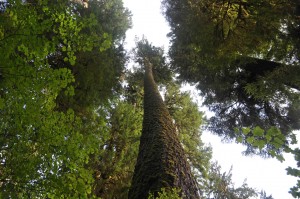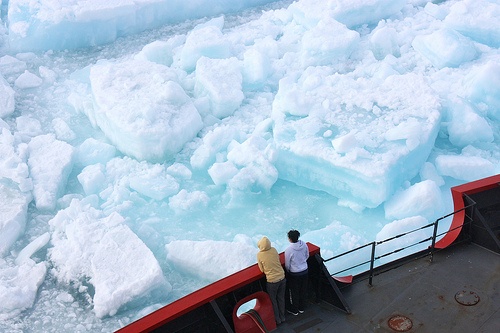Merging Environmentalism & Business Process
By Carol Pierson Holding
This month, the Orca Whale was added to the constituencies fighting for the West Coast’s beloved but increasingly degraded Chinook Salmon population. This after 60 people spent 4 years developing a plan to protect the Chinook in Puget Sound. The compelling goal, “to lead the region toward a legacy of healthy, harvestable salmon and improved water quality for future generations,” brought together citizens and scientists; community, business, and environmental groups; and local elected officials and public agency staff. And, just two months ago, their science-based plan was ratified by 24 local governments.
Now the plan must be re-formulated.
It turns out that the Orca, an endangered species itself, requires enormous quantities of Chinook salmon to survive. Far more than previously estimated when the agreements were conceived. NOAA (National Oceanic and Atmospheric Administration) has asked Washington state and Indian tribes that fish in the area to submit a two-year plan for insuring that the endangered whales have enough salmon to sustain themselves.
The backlash has already started. "You can't bring back Orcas just on the backs of fishermen," Joel Kawahara, who fishes commercially in Washington and Alaska, told UPI. "What about improving habitat? What about the effects of the dams on the Columbia River?" The constituents who worked so long and so hard might have to come together again to deal with NOAA’s new requirements.
What strikes me about this issue is that, by injecting a new environmental parameter, the Orcas are adding the pressure needed for a true breakthrough— a new paradigm modeled on environmental processes rather than capitalist structure. Think of the progress we’ve made in less than 25 years to balance the needs of man and nature. First, US business, with the help and prodding of the insurance industry, figured out how to integrate environmental risk into business projections. This was the first successful monetization of the cost of bad behavior toward the environment, but it relied completely on the capitalist model, on boiling everything to down to its economic value.
Then business learned to negotiate with opposing groups, even radical activists like Greenpeace, and still make a profit. To the monetary value of good environmental practices was added the value of relationships, which both diffuse activists and protect or even grow brand loyalty with those customers who are environmentalists themselves.
Now the Orca in Puget Sound add another twist: environmental preservation requires not just a broad cross-sector effort but also an on-going effort. Because the physical world is so interdependent and always changing, an environmental agreement or “fix” is never permanent. Instead business must create structures for a permanent relationship with nature, just as it has with human impediments; structures that insure constant interaction.
So how does the concerned citizen/consumer/investor judge which companies are most prepared to manage the on-going environmental challenge? The attributes measured by CSRHUB are the best way to look at a company’s current behavior. But for those looking to predict the future, it may be most useful to look for evidence of organizational structures for on-going collective action on the environment.
Look for companies that have teams in place for permanent environmental interaction, councils on which senior executives participate led by skilled negotiators. Once common, these councils are disappearing as the economic malaise continues. Use your consumer and investor power to force companies to fund these councils. They establish the importance of relationships — with humans and nature — to succeeding in business. And we save the whales too.
Carol Pierson Holding is a writer and an environmentalist; her articles on CSR can be found on her website.



